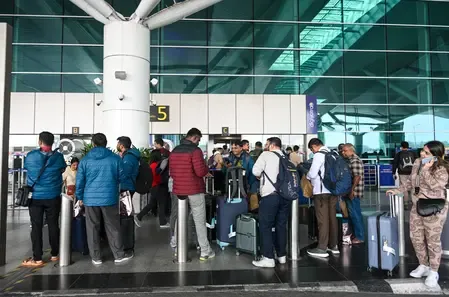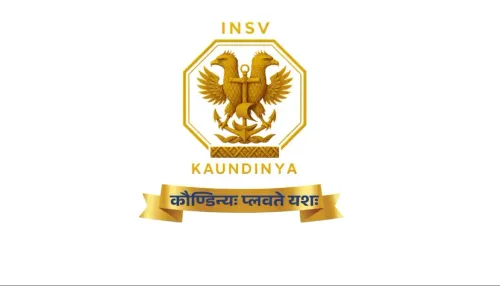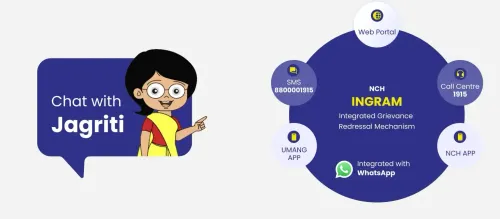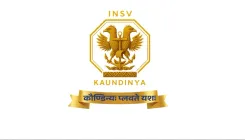Did Musk's Starlink Just Get the Green Light from India's Space Regulator?
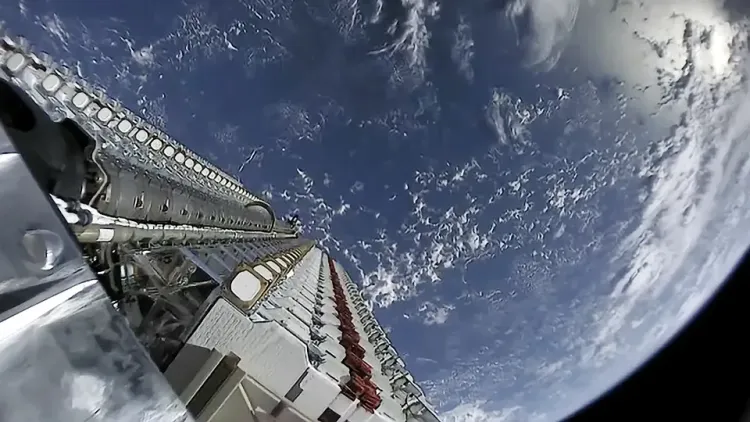
Synopsis
Key Takeaways
- Starlink receives clearance to operate in India.
- Aims to provide affordable satellite internet.
- Regulatory hurdles cleared by IN-SPACe.
- First commercial agreements signed with VSAT providers.
- Ground infrastructure and spectrum acquisition required before launch.
New Delhi, July 9 (NationPress) In a significant development that could reshape the landscape of economical satellite-based internet in India, Elon Musk’s Starlink has obtained approval from the nation’s space authority, the Indian National Space Promotion and Authorisation Centre (IN-SPACe) on Wednesday.
This approval clears the last regulatory obstacle for the launch of affordable satellite broadband services in India, as per the final authorisation document from IN-SPACe reviewed by IANS.
Next, Starlink must acquire the necessary spectrum from the government and build ground infrastructure for its operations. The Department of Telecommunications (DoT) is poised to provide trial spectrum to the US-based company to fulfill security compliance requirements.
Starlink has also entered into its first commercial agreements with VSAT providers in India. VSAT (Very Small Aperture Terminal) service providers specialize in delivering satellite-based internet and communication solutions, especially in areas where terrestrial connectivity is sparse or non-existent.
The launch of the budget-friendly satellite internet service Starlink is expected in the coming months.
While the groundwork is almost finalized, a few technical and procedural steps must be addressed before the service can officially launch.
Union Communications Minister Jyotiraditya Scindia remarked last week that all necessary evaluations have been completed for SpaceX’s Starlink entry into India, and once the required regulatory and licensing approvals are received from the space authority, they can commence service rollout at their discretion.
Previously, the space regulator had issued a draft letter of intent (LOI) to the firm.
Starlink operates internet services via a constellation of satellites orbiting the Earth, boasting the world’s largest satellite network, with over 6,750 satellites in orbit. Their services are currently available in numerous countries including Mongolia, Japan, the Philippines, Malaysia, Indonesia, Jordan, Yemen, Azerbaijan, and Sri Lanka.
Meanwhile, Amazon’s Project Kuiper, a competitor to Starlink, is also waiting for regulatory approvals from both DoT and IN-SPACe, planning a large-scale satellite communication rollout in India.



